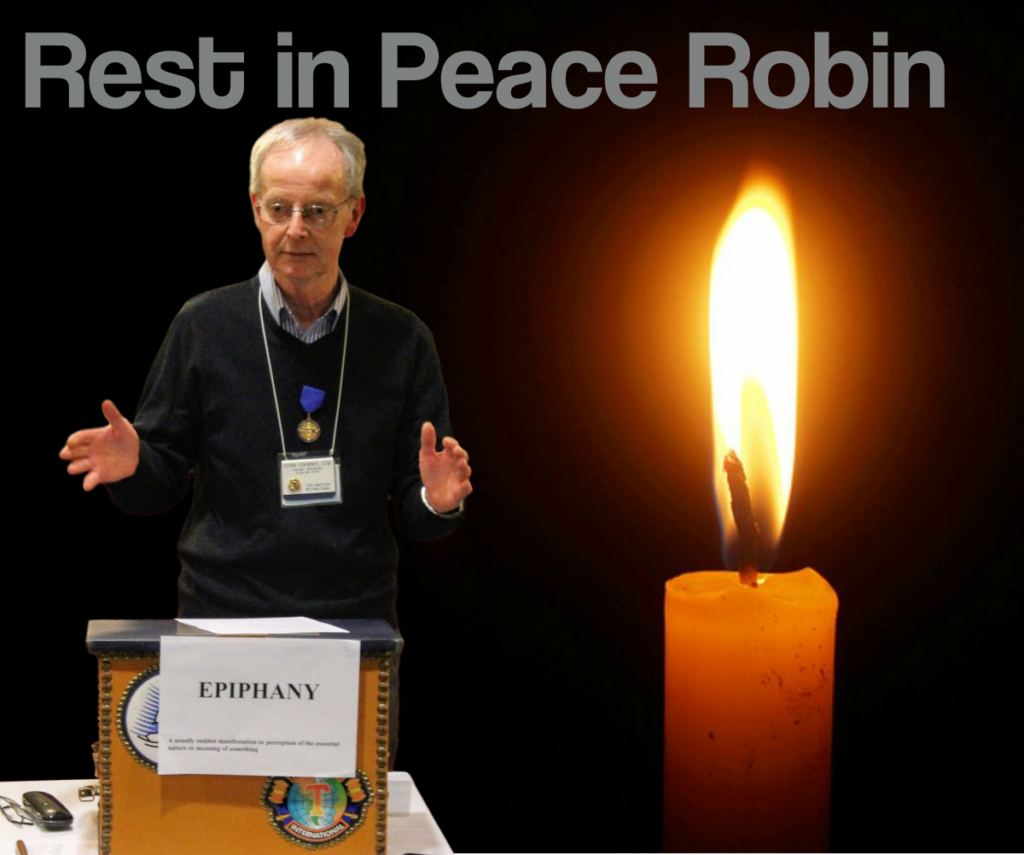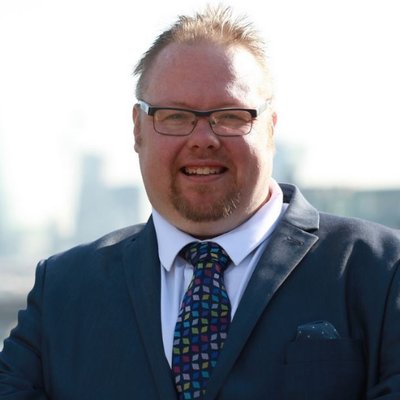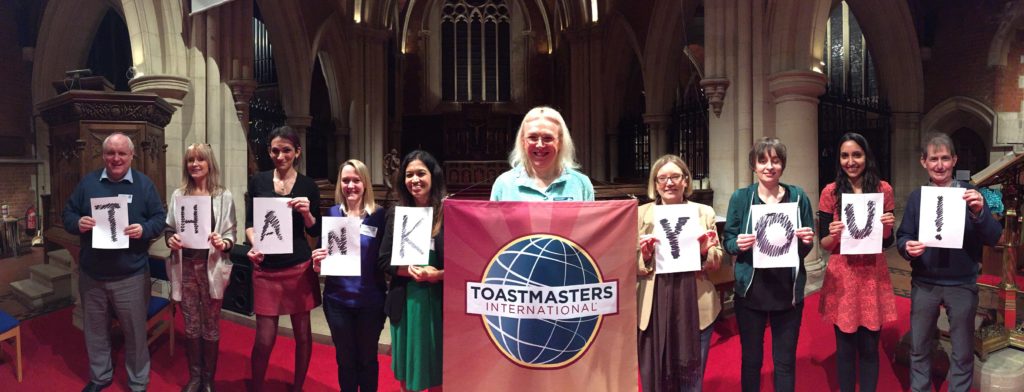DIVISION CONFERENCES
This month has seen all the Division Conferences, including the Division finals of the International Speech and Evaluation Contests. Congratulations to all the contestants for the high standard of speeches and evaluations. There has been good representation from the District Leadership Team at each event, and I was delighted to be able to attend the Division K and Division B contests, both held at The University of Law, which was an excellent venue. Both days were packed with fantastic workshops and superbly organised. I know all of the Division events were similarly excellent. Thanks to all the Division Directors and the many others who supported them.
DISTRICT CONFERENCE
Now the contest winners go on to the District Finals in Ashford from 3rdto 5thMay! It is going to be a truly amazing weekend – the first District 91 conference to span three days, and to include all four contests – Table Topics; Evaluation; Humorous and the International Speech final. Add to those, ten wonderful workshops, two captivating keynote speeches, and the dramatic District Council meeting and you have an occasion not to be missed! Have a look at the full programme and book your tickets here:
The Agenda for the District Council Meeting is also available here:
THE NEW AND THE OLD
I have also had the opportunity this month to attend the first formal meeting of one of our newest clubs, The Workshop Speakers in London. Thanks to Club President, Lili Bai, and all the members for their warm welcome, and a great meeting! By contrast, one of my own clubs, County Communicators, is celebrating its 10thbirthday and as a proud Founder Member I will be looking back at its conception and reflecting on its remarkable success.
ROBIN CHAWNER DTM

On a sad note, another Founder Member of County Communicators, Solent Speakers and my home club, Arun Speakers, Robin Chawner, passed away on 11 April 2019. He introduced the 3-2-1 method of evaluation and an exemplary Toastmaster, Robin was involved in helping to start no less than eight clubs that I know of. He was always so generous in his support to every member and will be sorely missed by so many people. I know that Robin was very proud that I am the first member of Arun Speakers to be District Director, and I hope I have lived up to his high standards.




